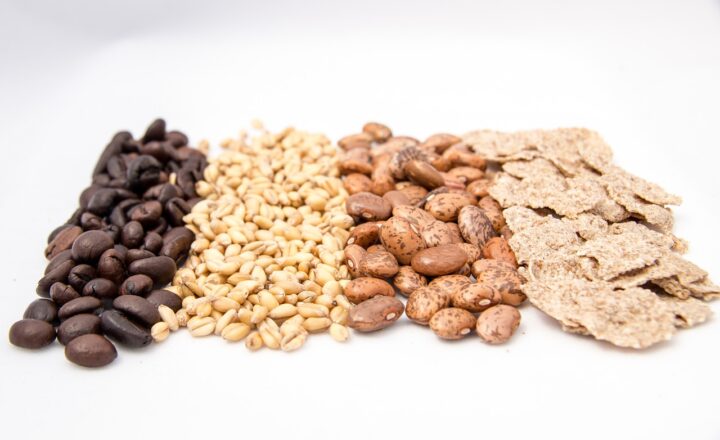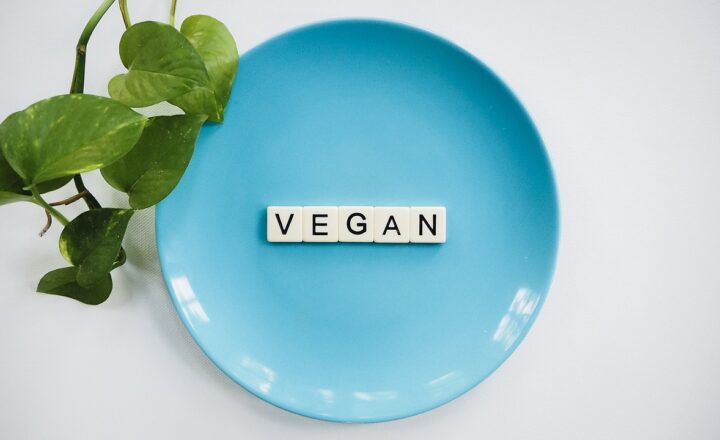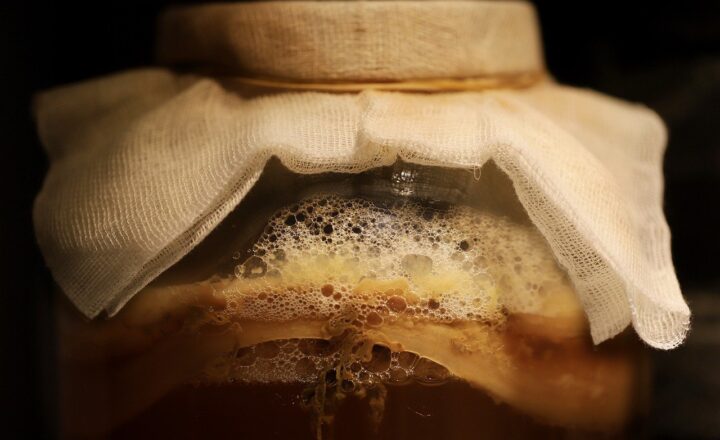Decaf Coffee vs. Regular: What’s the Real Difference in Flavor and Caffeine?
November 11, 2024

Coffee lovers often find themselves choosing between the comforting ritual of a caffeine-filled cup and the gentler embrace of decaf. Both serve as morning staples, bringing warmth and joy to millions. But have you ever asked yourself—what’s the real difference between decaf coffee and regular coffee? Is it just about caffeine content, or is there more to the story?
In this article, we will delve into the nuances of decaf and regular coffee, exploring the extraction processes, flavor profiles, caffeine levels, and the health implications of both options.
1. What is Decaf Coffee?
Decaf coffee is regular coffee that has undergone a decaffeination process to remove most of its caffeine content. Typically, about 97% of the caffeine is extracted, resulting in a cup that contains about 2 to 5 mg of caffeine compared to regular coffee, which averages around 95 mg per 8-ounce serving.
The decaffeination process can be achieved through various methods, including:
- Solvent-based Methods: These involve using chemicals such as methylene chloride or ethyl acetate to extract caffeine. This method is efficient, but may leave some chemical residue on the beans, which has raised health concerns among some consumers.
- Swiss Water Process: A more natural method, this technique uses water to extract caffeine without any harmful chemicals. Beans are soaked in hot water, allowing caffeine to dissolve, and then passed through a filter, which captures the caffeine while allowing the flavor compounds to remain.
- CO2 Method: This is another chemical-free alternative where liquid carbon dioxide is used to extract caffeine under pressure. It’s efficient and preserves much of the coffee’s flavor profile but may be more expensive to implement.
Each method has its pros and cons, influencing both the taste and production costs of decaf coffee.
2. The Flavor Profile of Decaf vs. Regular Coffee
While caffeine reduction is the primary goal of decaf coffee, the flavor profile is equally crucial. Many coffee aficionados argue that decaf often lacks the robust flavors present in regular coffee. Factors that influence flavor include:
- Origin and Bean Type: The type of coffee bean (Arabica vs. Robusta) and its geographical origin play significant roles in determining flavor. High-quality Arabica beans, regardless of decaffeination, tend to have more nuanced flavors compared to Robusta beans.
- Decaffeination Process: The choice of decaffeination method can significantly affect the taste. For instance, the Swiss Water Process tends to preserve more original flavors than solvent-based methods.
- Freshness: As with regular coffee, the freshness of decaf can impact flavor. Coffee flavor deteriorates over time, whether caffeine is present or not, meaning fresh decaf can taste considerably better than stale decaf.
It’s worth noting that while some decaf coffees may lack strength, many specialty brands cater to this gap, offering options for those looking for a flavorful cup of decaf.
3. Caffeine Content: How Much is Too Much?
Regarding caffeine, most adults can safely consume up to 400 mg of caffeine daily according to health experts. However, those sensitive to caffeine may find that even a small amount can disrupt sleep or cause jitters.
The differences in caffeine content between decaf and regular coffee are stark:
- Regular Coffee: Contains about 95 mg of caffeine per 8 oz cup.
- Decaf Coffee: Contains approximately 2 to 5 mg of caffeine per 8 oz cup.
While decaf is not entirely caffeine-free, it provides an excellent alternative for those looking to reduce their intake without sacrificing the pleasure of a warm beverage.
4. Health Implications: Which is Better?
Choosing between decaf and regular coffee isn’t just about flavor and caffeine content; it also involves health considerations:
- Antioxidants: Both decaf and regular coffee contain antioxidants, which can benefit heart health and reduce inflammation. However, the antioxidant levels can vary depending upon the bean origin and brewing method.
- Acidity Levels: Some individuals may find decaf coffee gentler on their stomachs, as it tends to be less acidic, making it easier for people prone to acid reflux or gastrointestinal issues to enjoy.
- Heart Health: Regular coffee consumption has been linked to a lower risk of certain diseases, including type 2 diabetes and Parkinson’s disease. The studies regarding decaf are less conclusive, but it still appears to confer many of the same benefits as regular coffee.
In conclusion, both decaf and regular coffee can fit into a balanced diet, and the choice largely depends on individual tolerance to caffeine and personal health goals.
Conclusion: Which Should You Choose?
Ultimately, the decision between decaf and regular coffee boils down to your caffeine sensitivity, health considerations, and flavor preferences. If you’re someone who loves the taste of coffee but prefers a lighter caffeine load, decaf coffee may be your best bet. On the other hand, if you relish the rich, robust flavors and the energizing kick of caffeine, then regular coffee could be your go-to.
Both decaf and regular have their unique benefits and characteristics, making them valuable choices in the coffee world. Regardless of your preference, savoring a cup of your favorite brew can bring comfort and joy to your day. So, the next time you reach for a cup, consider what you value most—caffeine, flavor, or a balanced approach to health.







